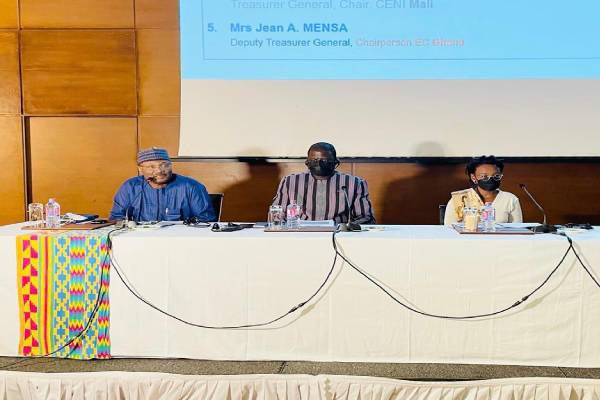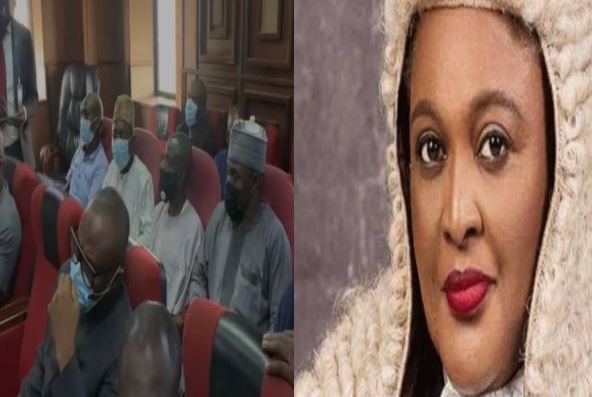The undemocratic takeover of government in some West African countries has created a great challenge for Electoral Commissions in the sub-region, according to the Independent National Electoral Commission (INEC) Chairman, Prof. Mahmood Yakubu.
Speaking at today’s plenary of the ECOWAS Network of Electoral Commissions’
(ECONEC) 7th Biennial General Assembly holding in Accra, Ghana, Prof. Yakubu also described the development as a democratic and electoral retrogression which underscores the need for free, fair, and credible elections.
“We are facing great challenges,” he remarked. “We are having democratic and electoral retrogression in the sub-region, and we have had undemocratic takeover in one or two places. Only a few years ago, we went round the sub-region saying that for the first time in the history of West Africa, all the countries were democracies. But today, we cannot say so.
“This imposes a challenge on us as Chairmen of Electoral Commissioners to be more vigilant. And that is where ECONEC comes in. We must continue to support one another to conduct the kind of elections we all aspire for. I recall that before the second round of elections in Niger Republic, the Republic of Ghana provided support, and I know that other countries are supporting one another as well. I would encourage us to continue to share not only ideas but also resources. No one can do it alone. We can make ECONEC what we want it to be by working cooperatively. I urge all of us to continue to work as brothers and sisters for the improvement of the electoral process in the sub-region.”
This year’s Assembly kicked off on 13th December with a symposium on An Efficient Communication Strategy for Enhanced Relationships Between EMBs and Electoral Stakeholders in West Africa with presentations from CENA Benin; CNE Cabo Verde; CEI Cote d’Ivoire, Electoral Commission of Ghana and INEC, Nigeria. The objective is to enable the electoral management bodies to exchange knowledge and share experiences on the value and challenges of developing a Communication Strategy within the EMBs, with the aim of engaging efficiently with stakeholders on critical phases of the electoral process to prevent conflicts, build public confidence and create the conditions for transparent, inclusive, and peaceful elections.
A new ECONEC President and Steering Committee Members that will serve for a term of two years are expected to emerge today at a special session and election for that purpose. The incumbent and President of the Electoral Commission of Cabo Verde, Mrs. Maria do Rosario Goncalves was elected in 2019 in Abuja. She took over from Prof. Yakubu who served as ECONEC President between 2017 and 2019.
The 15-member institutions include Electoral Commissions from Nigeria, Benin, Burkina Faso, Cabo Verde, Cote d’Ivoire, The Gambia, Ghana, and Guinea.
Others are Guinea Bissau, Liberia, Niger, Senegal, Sierra Leone, and Togo.





